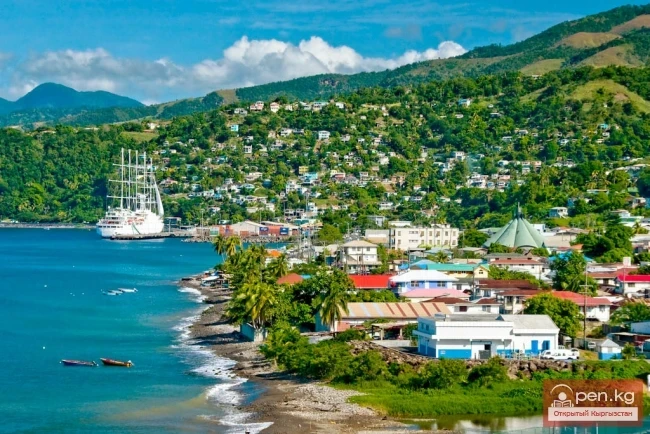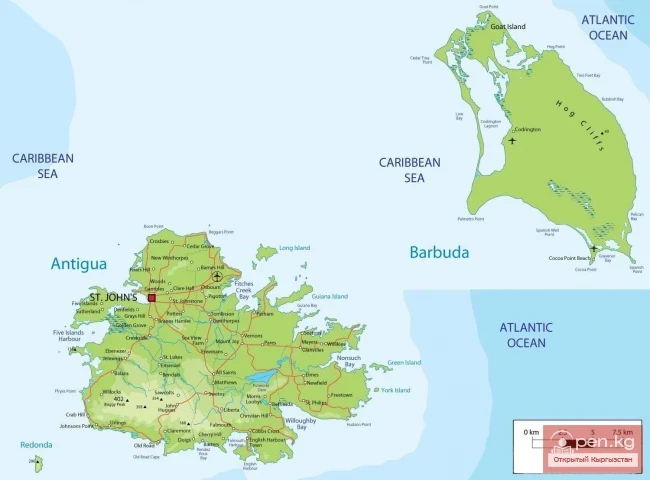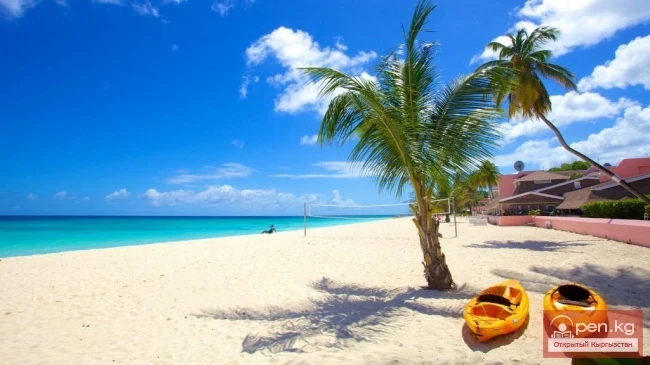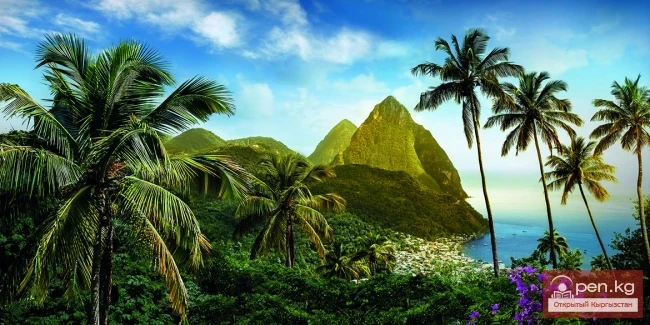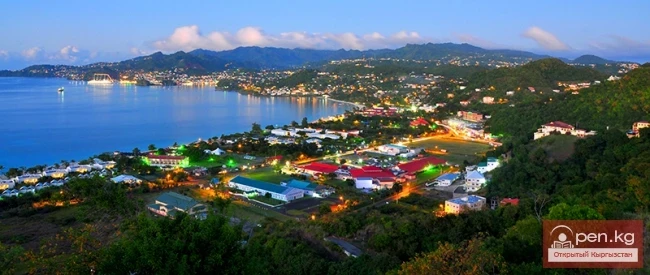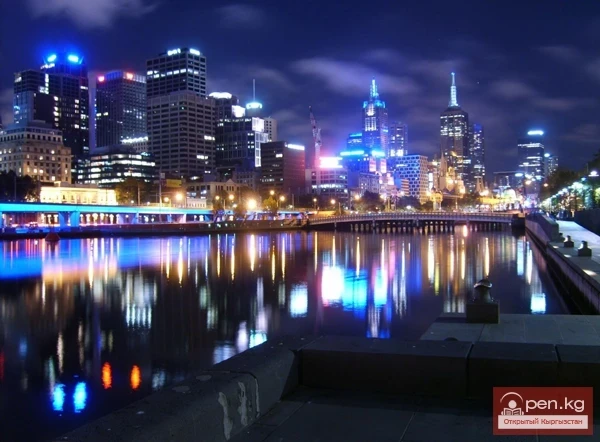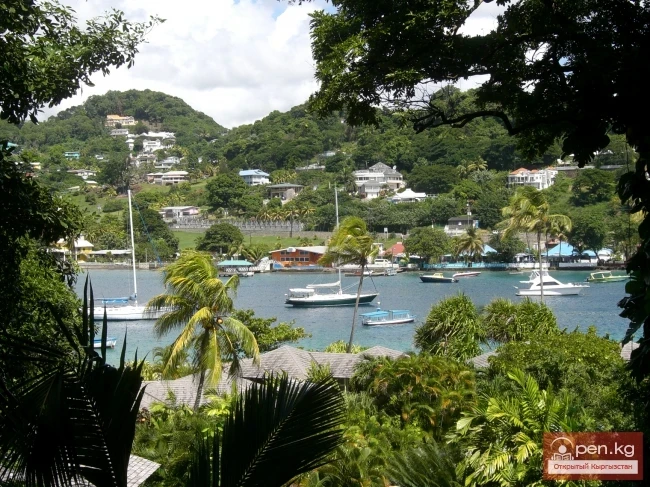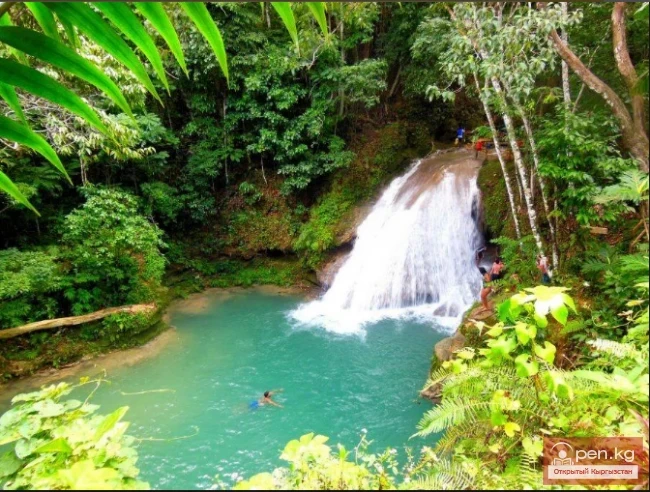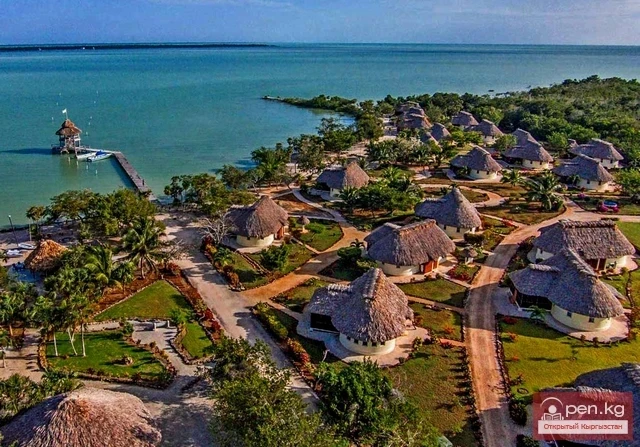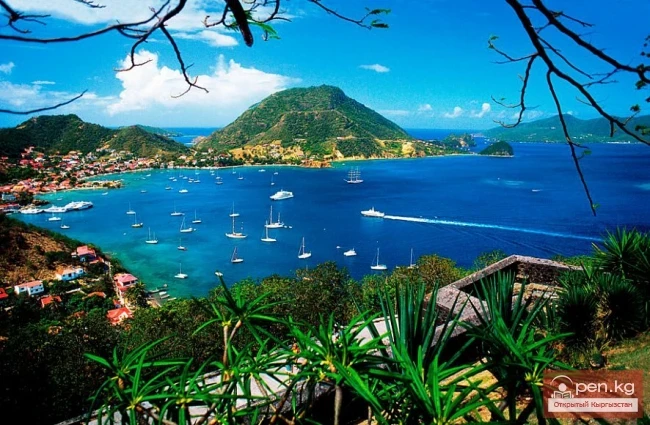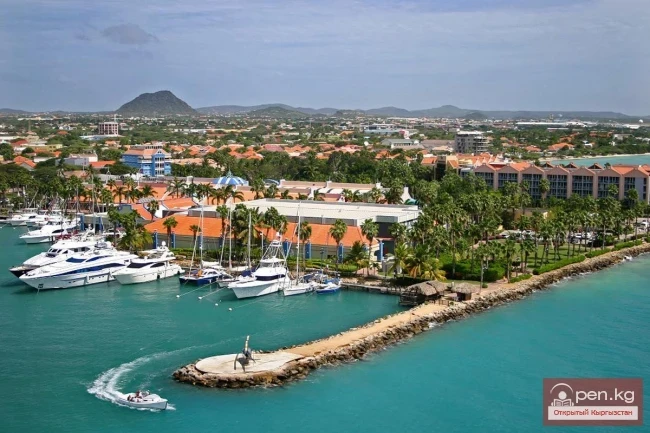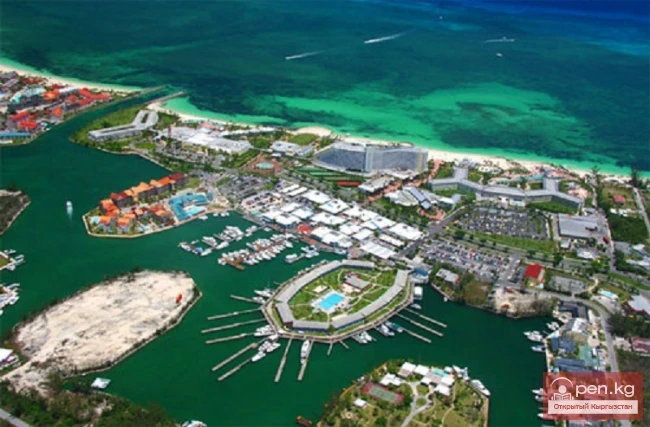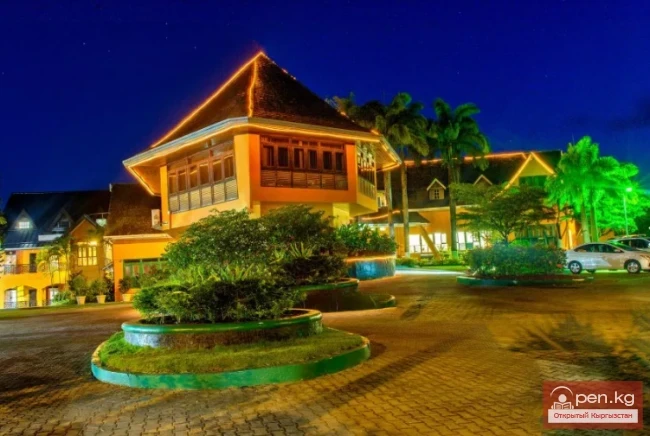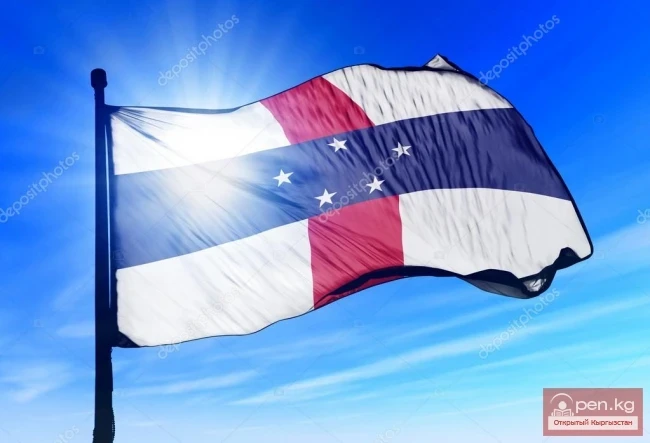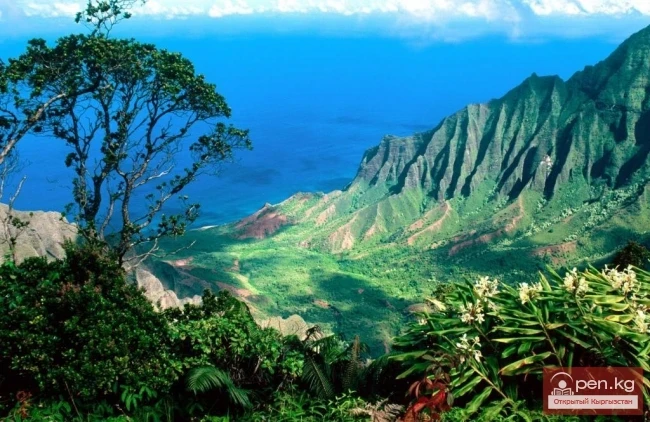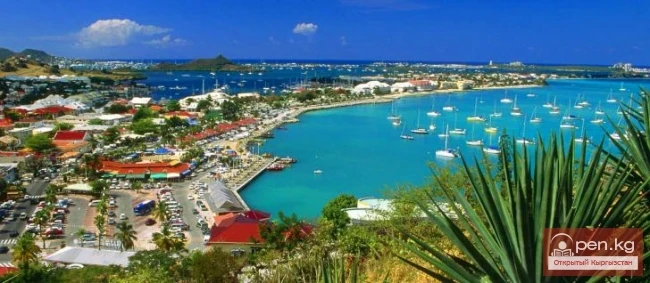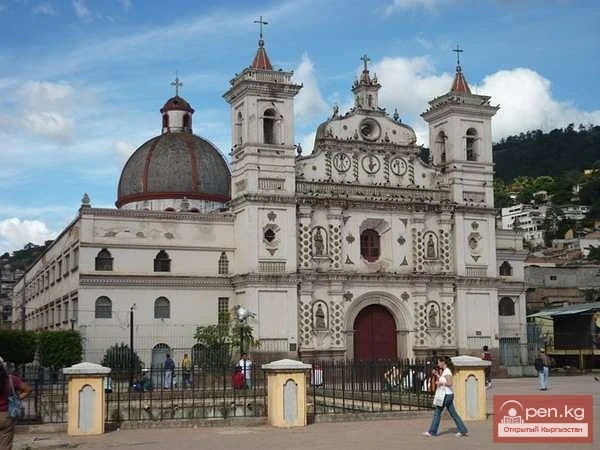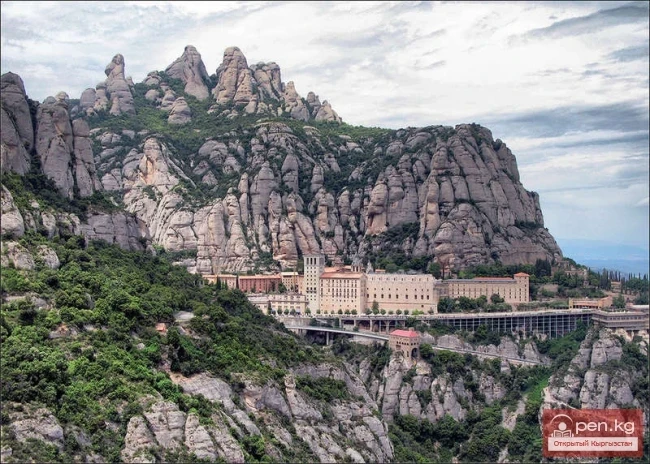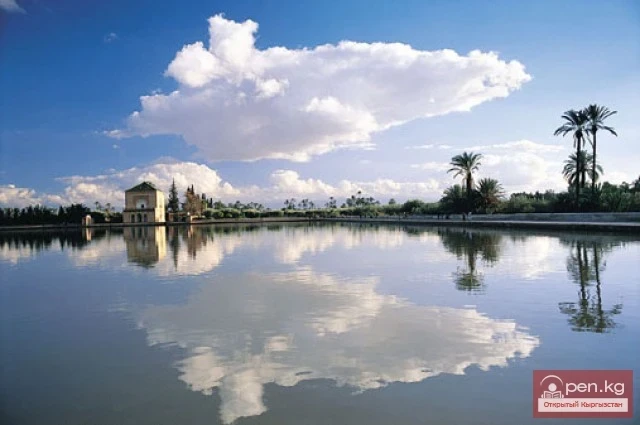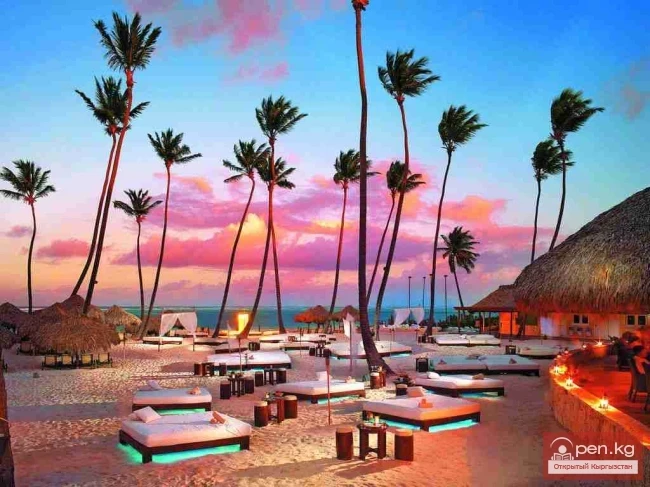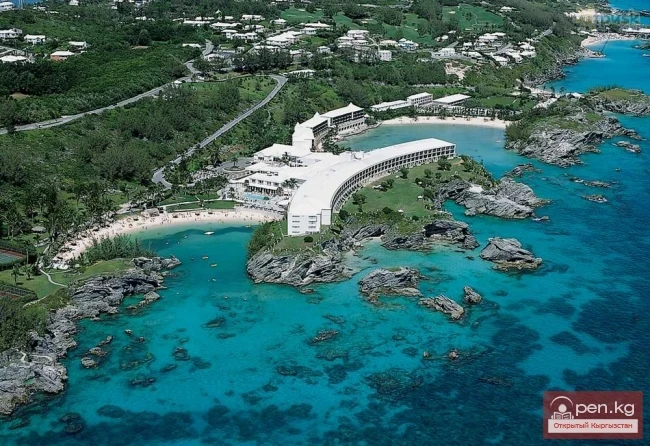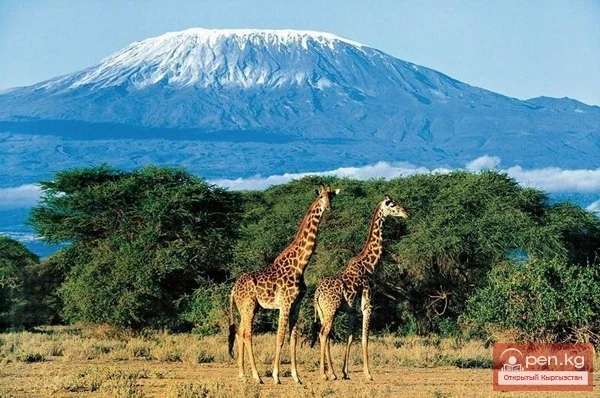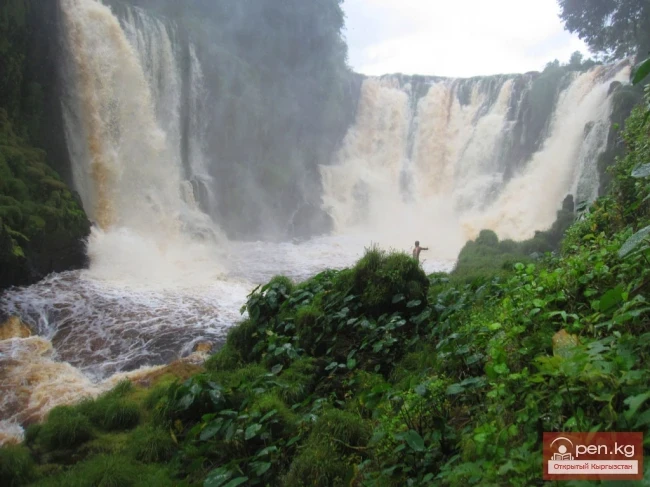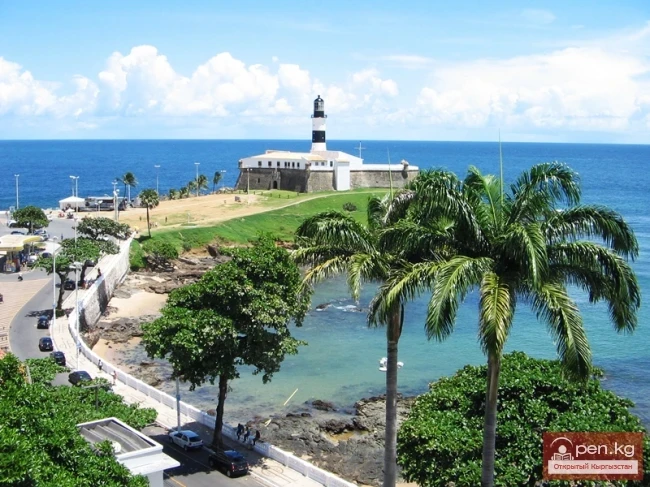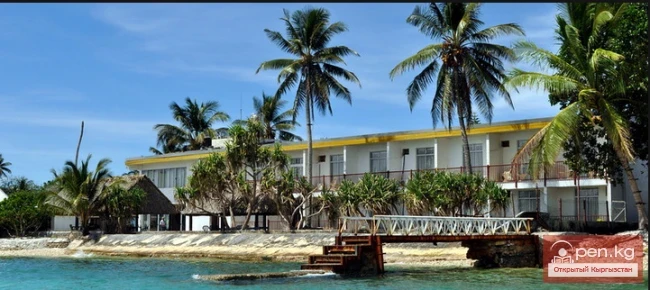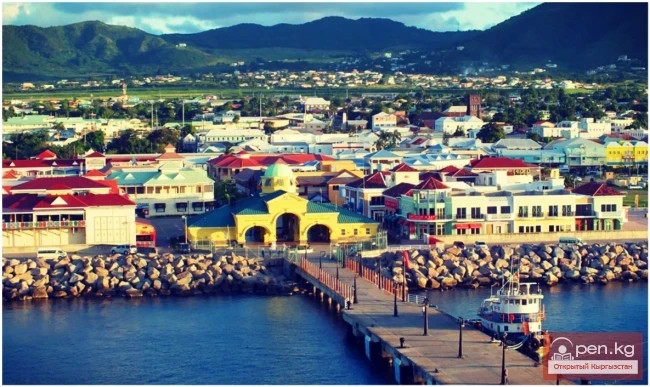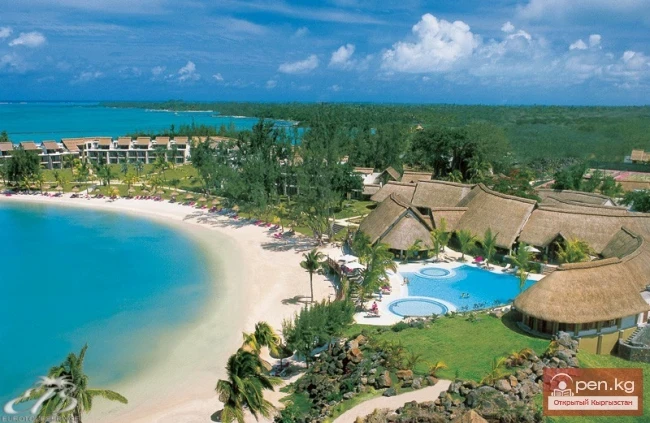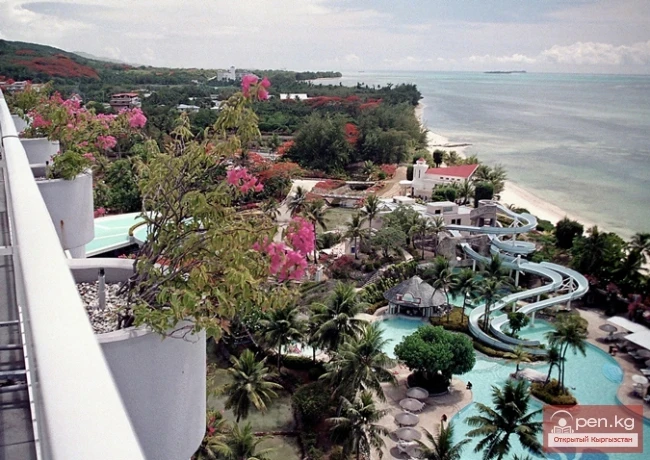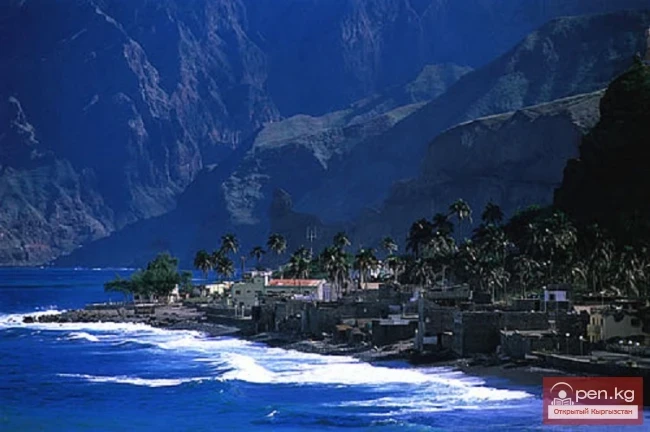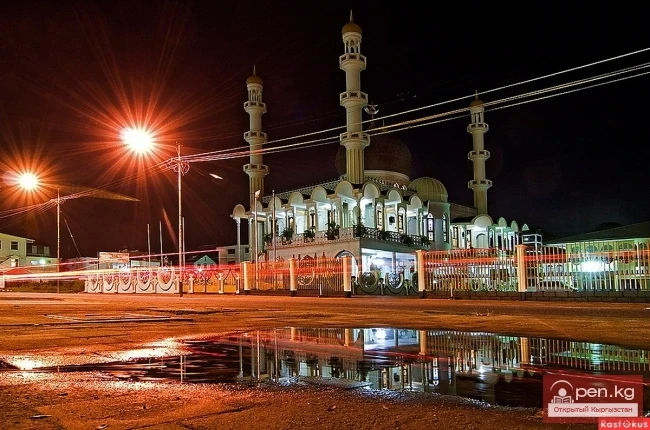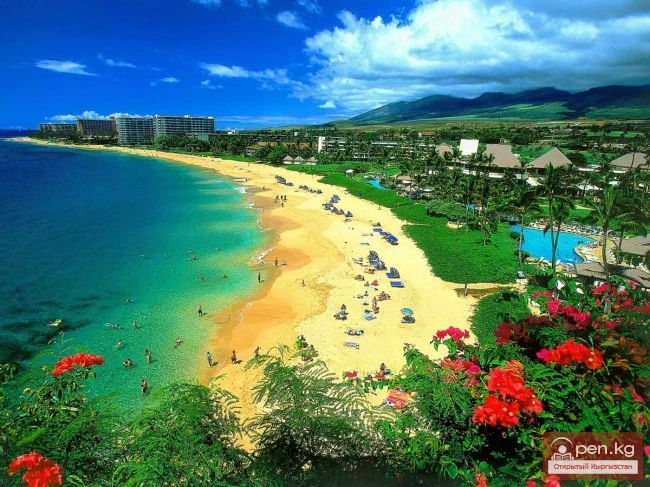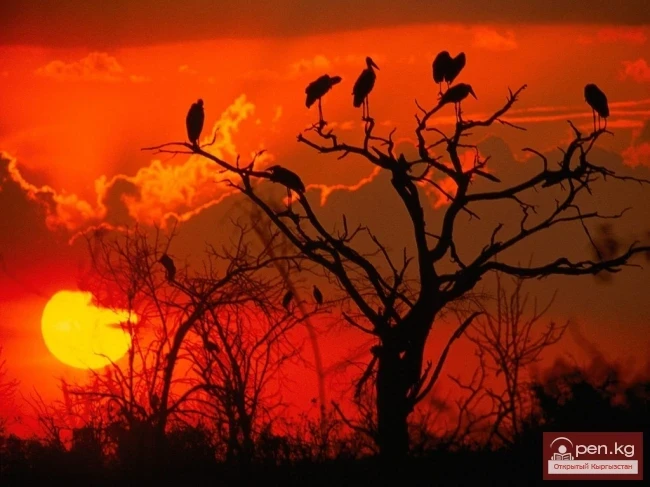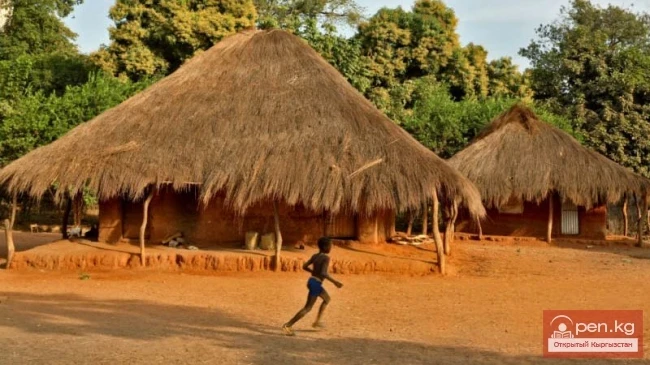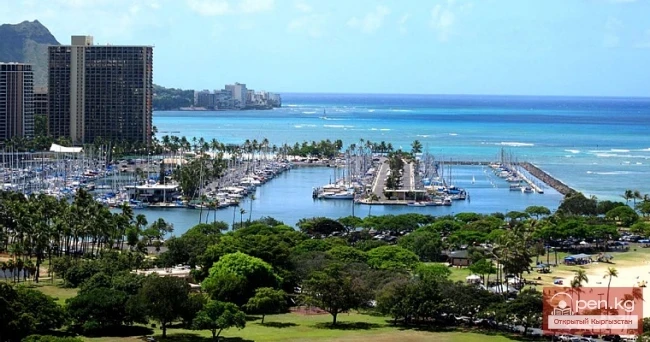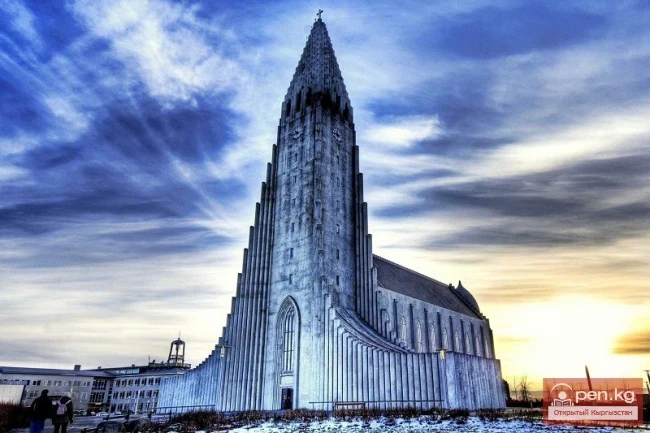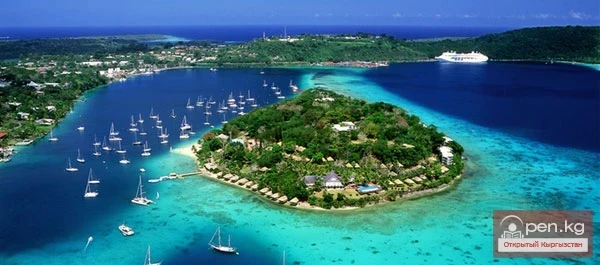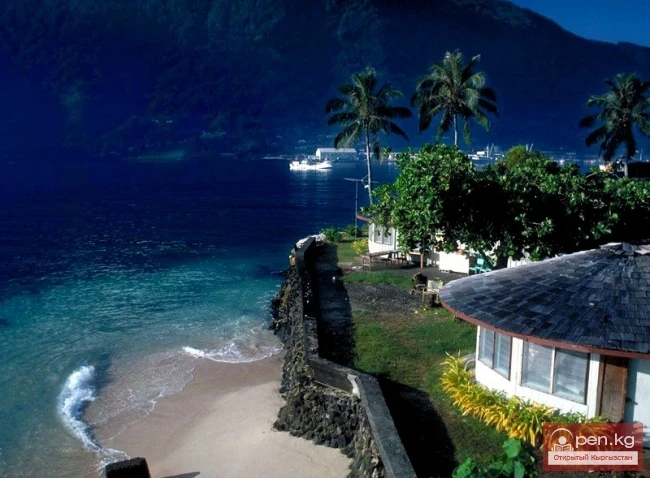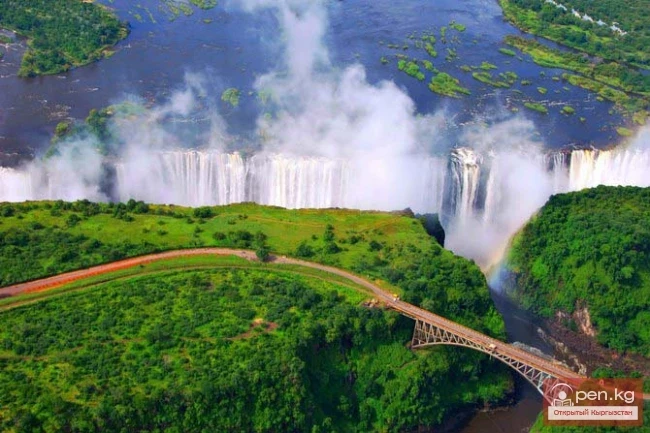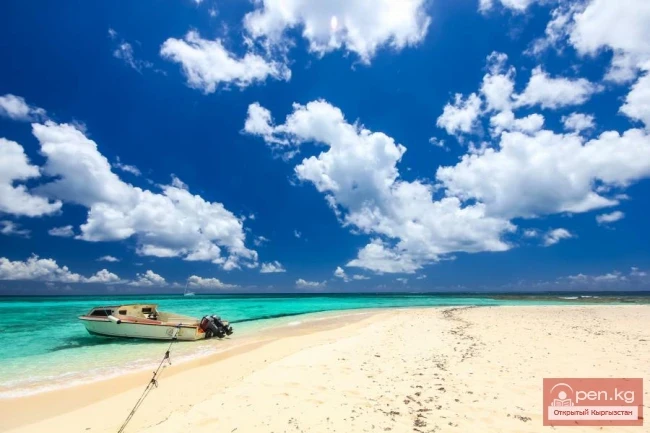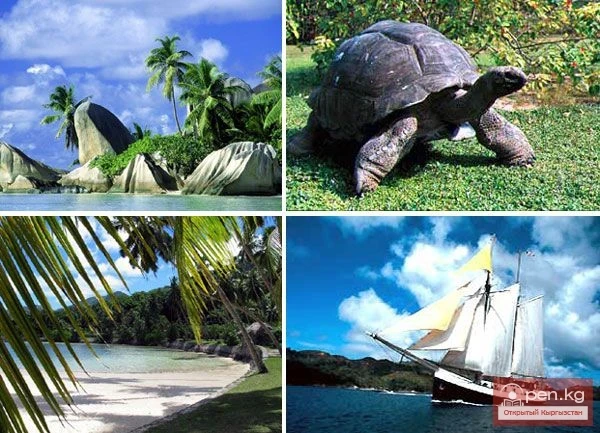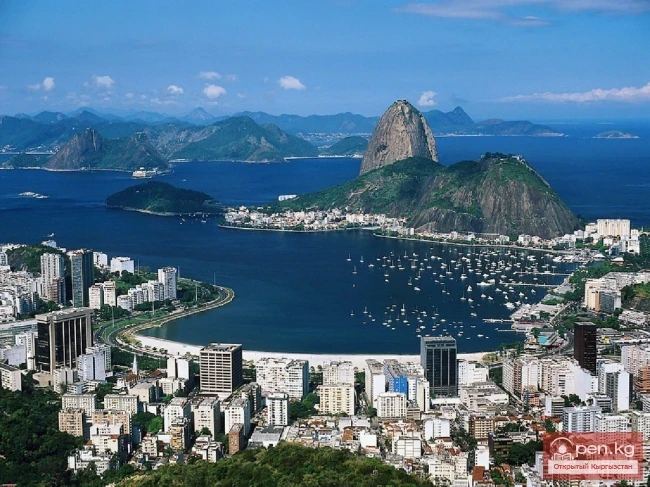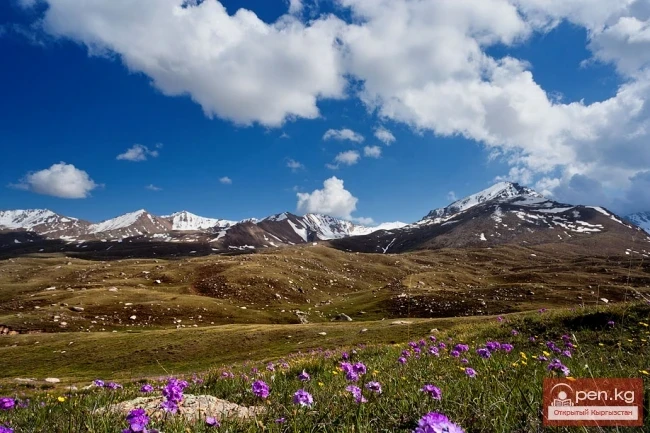DOMINICA. Commonwealth of Dominica
A state on the island of the same name in the Lesser Antilles archipelago in the Caribbean Sea, between North and South America. Area - 750 km². Capital - Roseau (22,000). Administrative division - 10 districts. Population - 69,000 (2005 estimate); Dominicans, mostly of African descent. Official language - English, with a local creole language based on French (patois) also widely spoken. Religion: the majority of the population practices Catholicism. Currency - East Caribbean dollar = 100 cents.
Diplomatic relations with the Russian Federation were established on May 19, 1995.
National holiday - November 3 - Independence Day (1978).
Dominica is a republic, a member of the Commonwealth headed by Great Britain, but has its own head of state. According to the 1978 constitution, the head of state is the president (since 2003 - N. Liverpool), elected by the country's parliament for a term of 5 years. Legislative power belongs to a unicameral parliament - the House of Assembly (30 members, of which 21 are elected by universal secret ballot, the rest are appointed). Executive power is exercised by the government headed by the Prime Minister (since 2004 - R. Skerrit).
Political parties: Dominica Labour Party - founded in 1985. Leader - R. Skerrit, ruling; United Workers Party of Dominica - founded in 1985. Leader - E. James, opposition; Dominica Freedom Party - founded in 1971. Leader - C. Savarin.
The opposition holds 9 seats in parliament.
Trade unions: United Workers Union of Dominica; Seafarers, Port and Transport Workers Union; Association of Public Servants; Dominica Trade Union.
Spaniards on Columbus's caravels reached the island in 1493. In the 17th and 18th centuries, it was alternately controlled by France and England. It finally became a British colony under the Paris Treaty of 1783. From 1958 to 1962, Dominica was part of the West Indies Federation. In 1967, it was declared an "associated state with Great Britain." On November 3, 1978, Dominica proclaimed its independence.
Dominica is a member of the UN (since 1978), OAT (since 1979), the Caribbean Community, and the Organization of Eastern Caribbean States (OECS), and is part of the Non-Aligned Movement.
The basis of the economy (GDP - 257 million USD, 2004 estimate) is agriculture and tourism. The main agricultural products are bananas (95% of agricultural output) and citrus fruits. About 40% of the workforce is employed in agriculture, forestry, and fishing. Industry is represented by small enterprises specializing in the processing of agricultural raw materials. Deposits of pumice and limestone are being developed. Foreign tourism is growing; about 20% of the workforce is employed in this sector. The country heavily relies on external economic aid. The inflation rate is 3.1% (2004).
Exports (39 million USD in 2003): bananas (75% of its volume), lemon juice, copra, rum, pumice, and others; imports (98 million USD in 2003): industrial equipment and goods, vehicles, food products. Main trading partners: Great Britain, the USA, Canada, Caribbean Community countries.
The length of the road network is 780 km. There are 2 airports and 2 seaports.
The literacy rate is 95% of the adult population.
There is a pedagogical institute. The largest weekly newspaper is "Chronicle," and there are private television companies retransmitting American channels and 6 radio stations.
